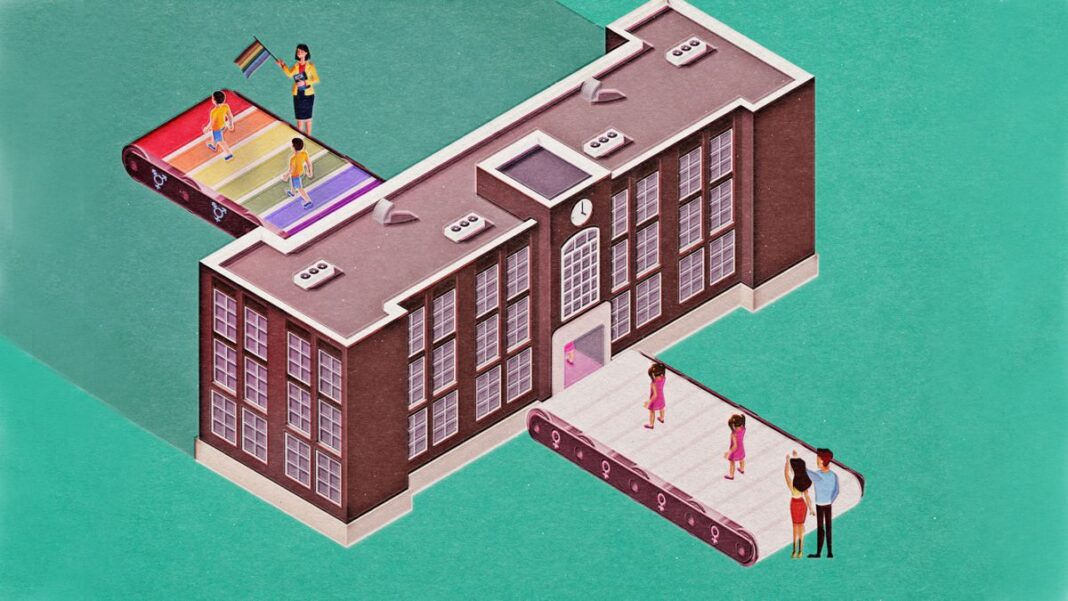‘If I knew there were dangers ahead, I thought, I would do everything to prevent my child from going astray … I had no idea what I was facing.’
As the term transgender has become a buzzword in societal conversations, many children tell their parents that they were “born in the wrong body.” Amid a chorus of experts and educators claiming acceptance and transition as the sole paths to happiness, parents find themselves in a harrowing dilemma as they see their children on the brink of life-altering decisions.
In this landscape, one Chinese Canadian mother stands out. Armed with love, tolerance, and resilience fostered by her faith, she embarked on a journey to guide her daughter away from the brink of gender transition.
Here is Mei’s story, sharing her perspective as she aims to offer hope to families navigating similar challenges.
“Mei,” like all the names in this story, is a pseudonym.
At the dinner table, an unexpected statement from Mei’s daughter, Lena, left Mei and her husband, William, speechless. “I want to be a boy,” Lena announced, sparking a mix of confusion and concern in her parents.
Trying to maintain her composure, Mei asked, “What happened?”
“I feel like I’m a boy. I don’t like wearing dresses, pink, or playing with things typically associated with girls,” Lena explained.
Seeking to reassure her, Mei responded, “It’s okay for some girls to reject those things. You’ve always been more tomboyish, and that’s fine.”
However, Lena’s conviction was firm. “No, I feel like I am a boy, and you can’t stop me,” she asserted.
Her father attempted to interject with a traditional view on gender but was abruptly cut off. Lena, visibly frustrated, accused her parents of being “racists”—a term that left them momentarily baffled and inadvertently amused. The word seemed so out of context that they couldn’t help but laugh, wondering where she had gotten such a notion.
Curious, they asked her to clarify what she meant by “racism.” The question left her flustered, revealing a gap in her grasp of the concept.
The incident highlighted how terms like “racism” can be misused to defend personal viewpoints, Mei said, reminiscent of how broad labels are sometimes arbitrarily applied in political contexts.
By Sean Tseng








